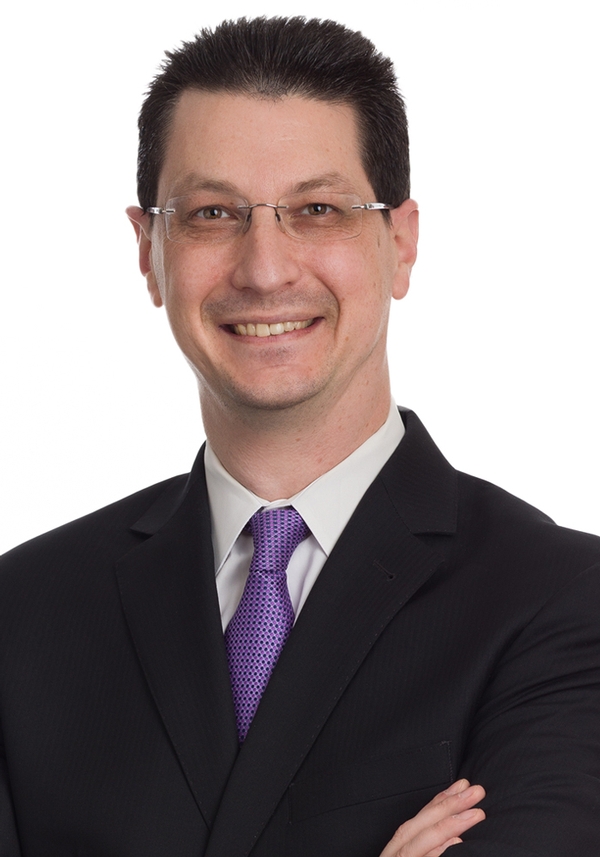Sep 28, 2022
Juries Have Been Trained to Not Give Corporate Defendants the Benefit of the Doubt
By Mark K. Silver, Esq.
It is not novel to state that the profession of law has lost the trust of the public. Members of the public have lost faith not only in the lawyers, but in the justice system as a whole. Juries are more skeptical of corporate defendants and their attorneys. One result has been the increasing number of large punitive damage awards.[1] No single change has led to this situation. Rather, a combination of reasons has led to the current state of affairs. One of those factors is the portrayal of corporations and their lawyers in television and film.
Studies have shown that fictional programming has a much greater influence than the news on how people view the legal system. In a poll conducted of mock jurors, one responded, "I don't read the paper, but I watch Law & Order every week and since their stories are drawn from the headlines, that's how I keep up with current events." (Response from undergraduate student).[2] Even more, jury research also indicates that television has a more profound influence on jurors than movies because of prolonged, serialized interaction and growth of character knowledge over time.[3] Research also shows that “repeated information is often perceived as more truthful than new information.”[4] Information presented at the beginning (primacy) and the end (recency) of a presentation tends to be retained better than information presented in the middle.[5] Therefore, it is fully understandable that beloved television characters who come into a viewer’s living room every week shape the audience’s perception.
Prior to 1986, portrayals of lawyers were few and not very realistic. The most well-known example is Perry Mason. Perry Mason ran for 9 seasons (271 episodes) and numerous follow up movies of the week. In all that time Mason lost exactly one case. Then, starting with the 1986 premiere of L.A. Law premiere, television producers strived to show the more “realistic” side of the law. In doing so, the tv industry launched a 40-year onslaught of corporations portrayed as the “bad guys”. L.A. Law attacked the insurance industry. The Practice took on the tobacco lobby and the asbestos manufacturers. The West Wing demonized the oil industry for environmental pollution. Rebel condemned the pharmaceutical industry. Every week for the better part of four decades, the “heroes” of legal world have come into consumer homes and attempted to vanquish the “villains of big business”.
So how does one combat said incessant subliminal programming? It needs to happen at the beginning of any litigation. In fact, it needs to start before litigation begins. Developing the theme of the litigation or the company’s story is crucial to a successful defense. Ideally, the Company can tell the jury about its history of “good deeds”. Whether it is the way it treats its employees, or its safety record, or its charitable donations, a Company needs to combat the image of being the villain, by showing it is the hero. Documentation and press publicity of such acts is always a plus.
In addition, in the event the case makes it to trial, your counsel needs to vet your jurors for their negative attitudes towards the legal system and lawyers, and the possibility that those attitudes will color their deliberations. Jurors who are predisposed through their own experiences to think the worst of lawyers will find confirmation in the unethical portrayals on television, but they will most likely disclose their prejudices when asked about their own experiences.
There are myriad ways to discover inherent juror bias and protect the company reputation.
For more information, contact Mark K. Silver at mks@spsk.com or (973) 798-4950
[1] Jurors have shown a propensity to also take the law in their own hands. In In Re: Stephen Miele, a juror was found in contempt of court and fined over $11,000 for conducting his own internet research on the Defendant and sharing it with his fellow jurors. Case No. 1:21-mc-7 (DNJ 2021).
[2] Elayne Rapping- “The History of Law on Television”.
[3] Dr. Cynthia Cohen – “Media Effects from Television Show- Reality of Myth?”
[4]Aumyo Hassan & Sarah J. Barber -“The effects of repetition frequency on the illusory truth effect” (May 13, 2021)
[5] "Primacy-Recency". ADV 382J: Fall 2001, "Theories of Persuasive Communication & Consumer Decision Making". Center for Interactive Advertising, The University of Texas at Austin. 2001.

